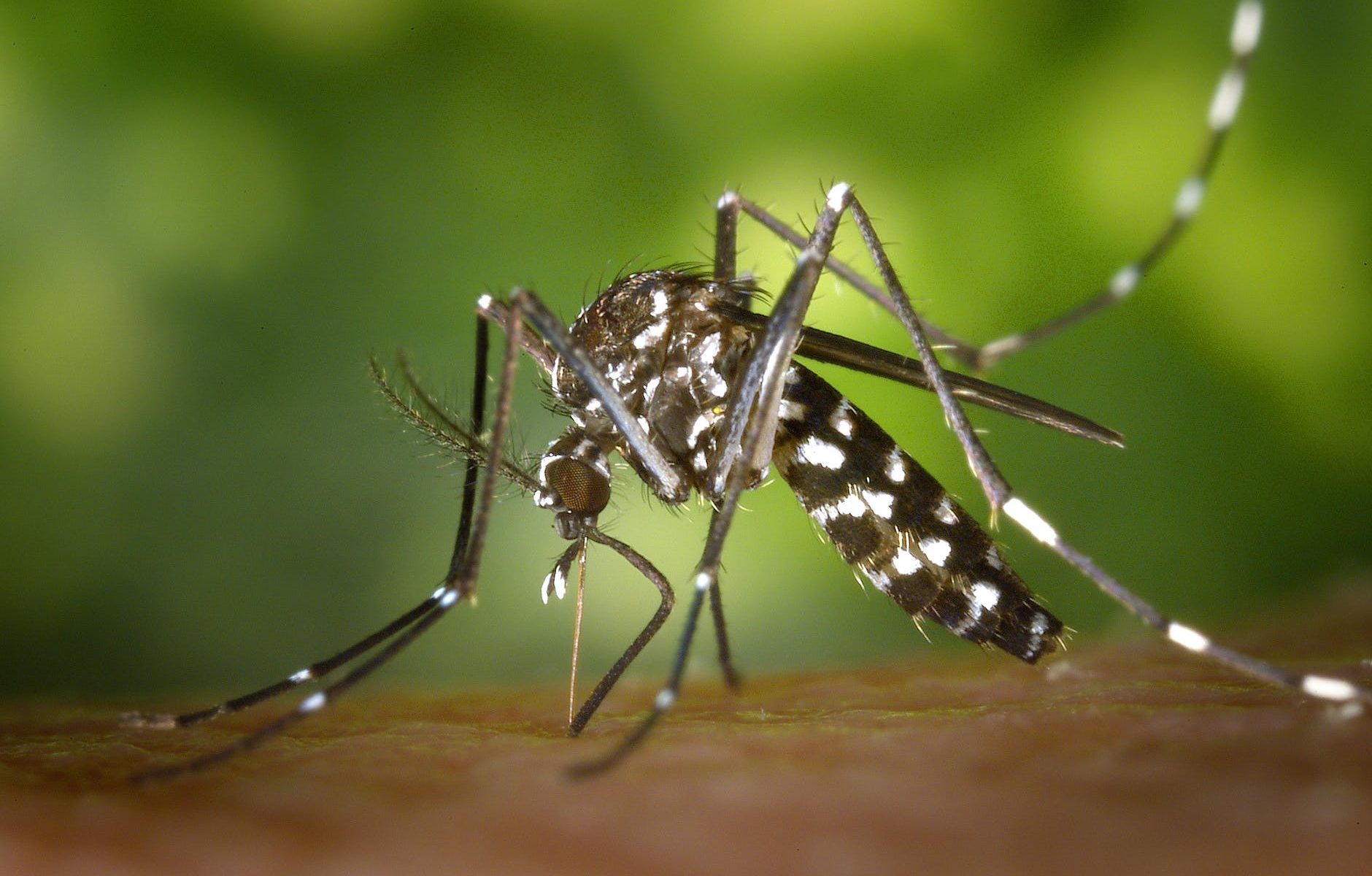Summer is just around the corner, which for many of us means more time spent outside. As any gardener or outdoor enthusiast knows, it’s likely just a matter of time until you have an unpleasant encounter with an insect that bites or stings. The effect can range from slight annoyance to infections and even disease. Some of the most common biting or stinging bugs are mosquitoes, ticks, fleas, bees, chiggers, black flies, horse flies, and deer flies.
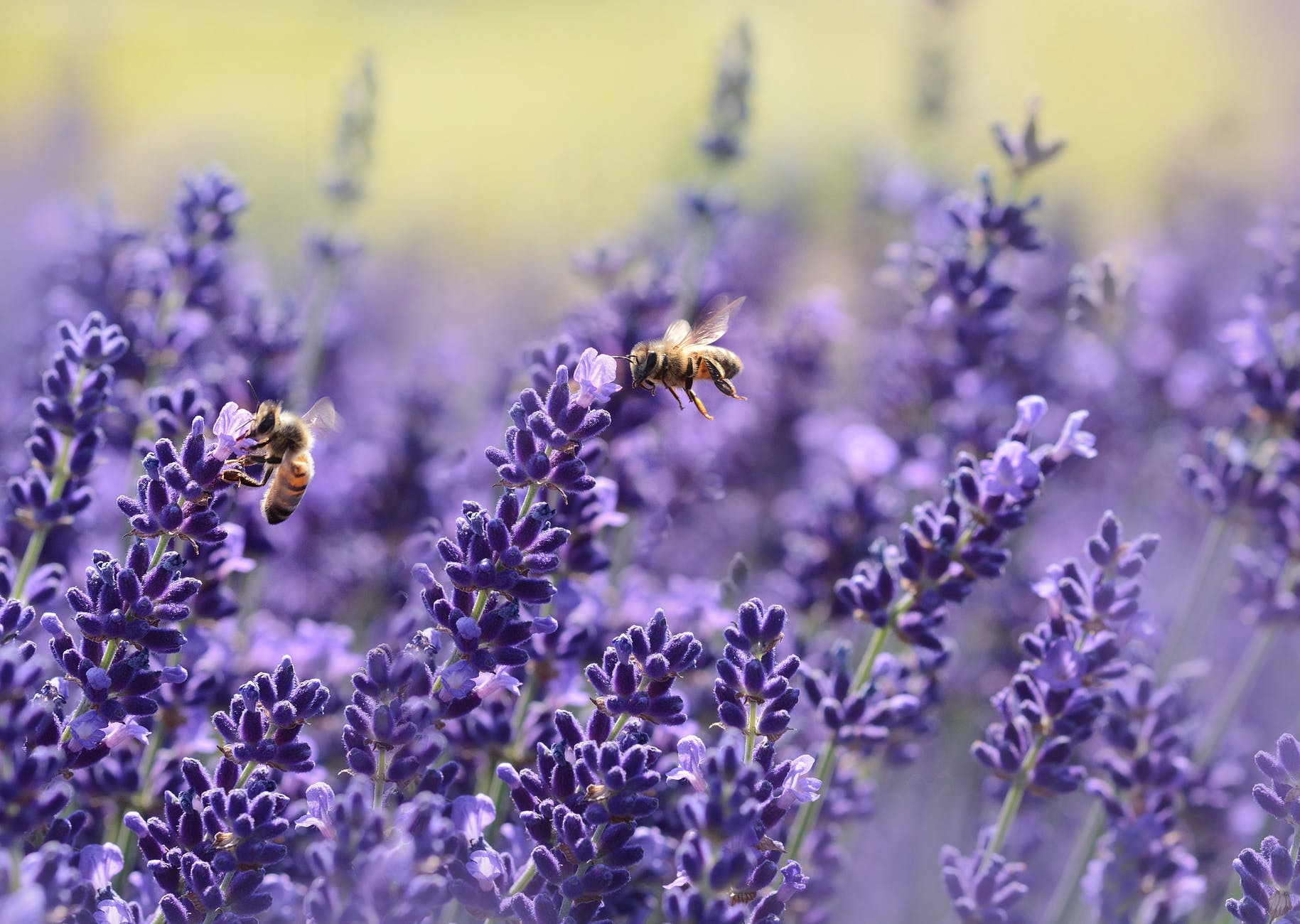
Natural remedies can be a great alternative to bug sprays which contain chemicals such as DEET (N, N-Diethyl-meta-toluamide) and permethrin. DEET has been linked to many harmful effects, including impaired cell function in the brain, memory loss, tremors, shortness of breath, headache, and joint pain. Excessive exposure to permethrin can cause nausea, headache, muscle weakness, excessive salivation, shortness of breath, and seizures.
‘An ounce of prevention is worth a pound of cure’ as the saying goes, and when it comes to bug bites, this is no less true. Several plant essential oils are useful for their insect-repellent properties. A few of the most common ones include pennyroyal, cedarwood, citronella, eucalyptus, cinnamon leaf oil, and catnip oil. These can be added to water to create a bug spray. Note, pennyroyal should be avoided by pregnant women. Alternatively, citronella candles are commonly available. When purchasing essential oils, look for high quality therapeutic grade oils. Here’s where I get mine.
If you do your best to keep bugs at bay, but still end up with a bite or sting, the primary goals become soothing inflammation, reducing pain, and healing the skin in order to prevent infection. The following herbs can be helpful in this instance.
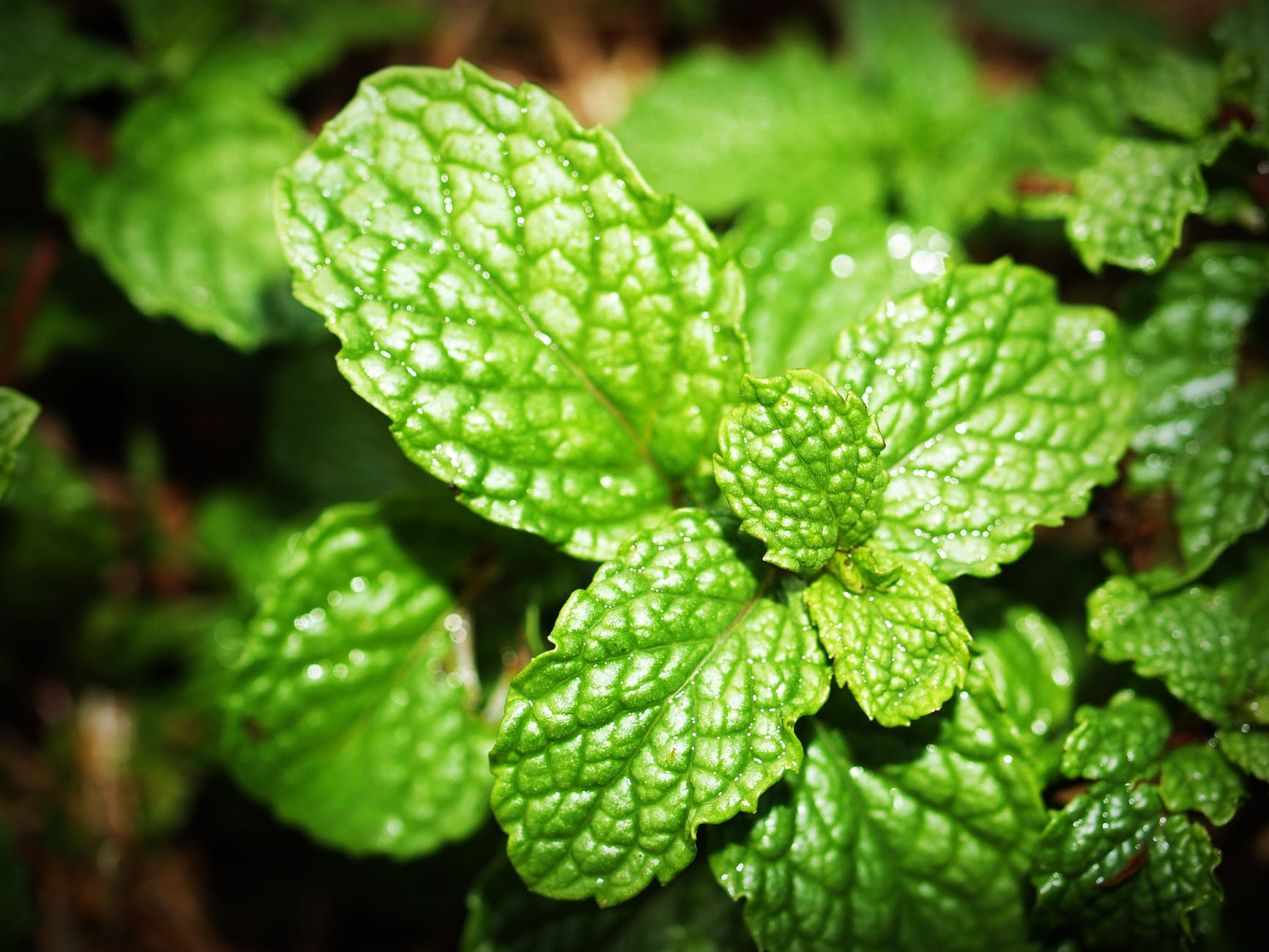
Peppermint (Mentha piperita)
Peppermint oil or crushed leaves are cooling and can provide temporary relief from itchy or inflamed bites.
Plantain (Plantago Major)
Fresh plantain leaf can be used to provide immediate pain relief for insect bites and stings. To make a poultice, fresh plantain leaf can be mixed with bentonite clay and water to form a paste. Alternatively, a leaf can be chewed and placed directly over the inflamed area.

Calendula (Calendula officinalis)
Calendula oil or fresh leaves can soothe irritated, itchy skin, and can aid in healing bites and stings. A simple salve can be created with calendula, beeswax, and antiseptic essential oils, such as tea tree, rosemary, and lavender.
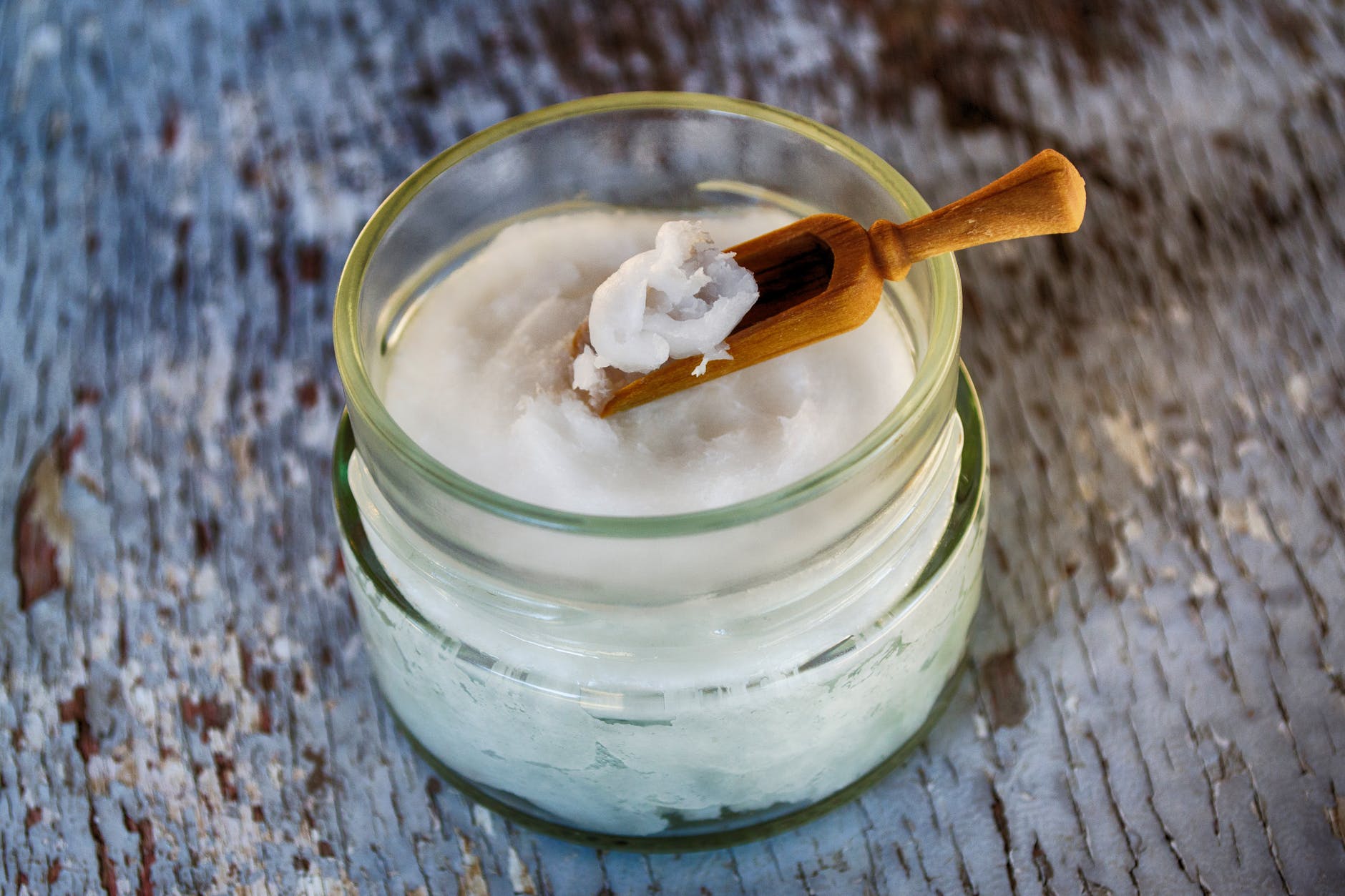
Comfrey (Symphytum officinale)
Comfrey infused oil or fresh juice from leaves can be used topically to treat many skin conditions, including rashes, scrapes, and wounds. For bites and stings, it can reduce inflammation and relieve itching.
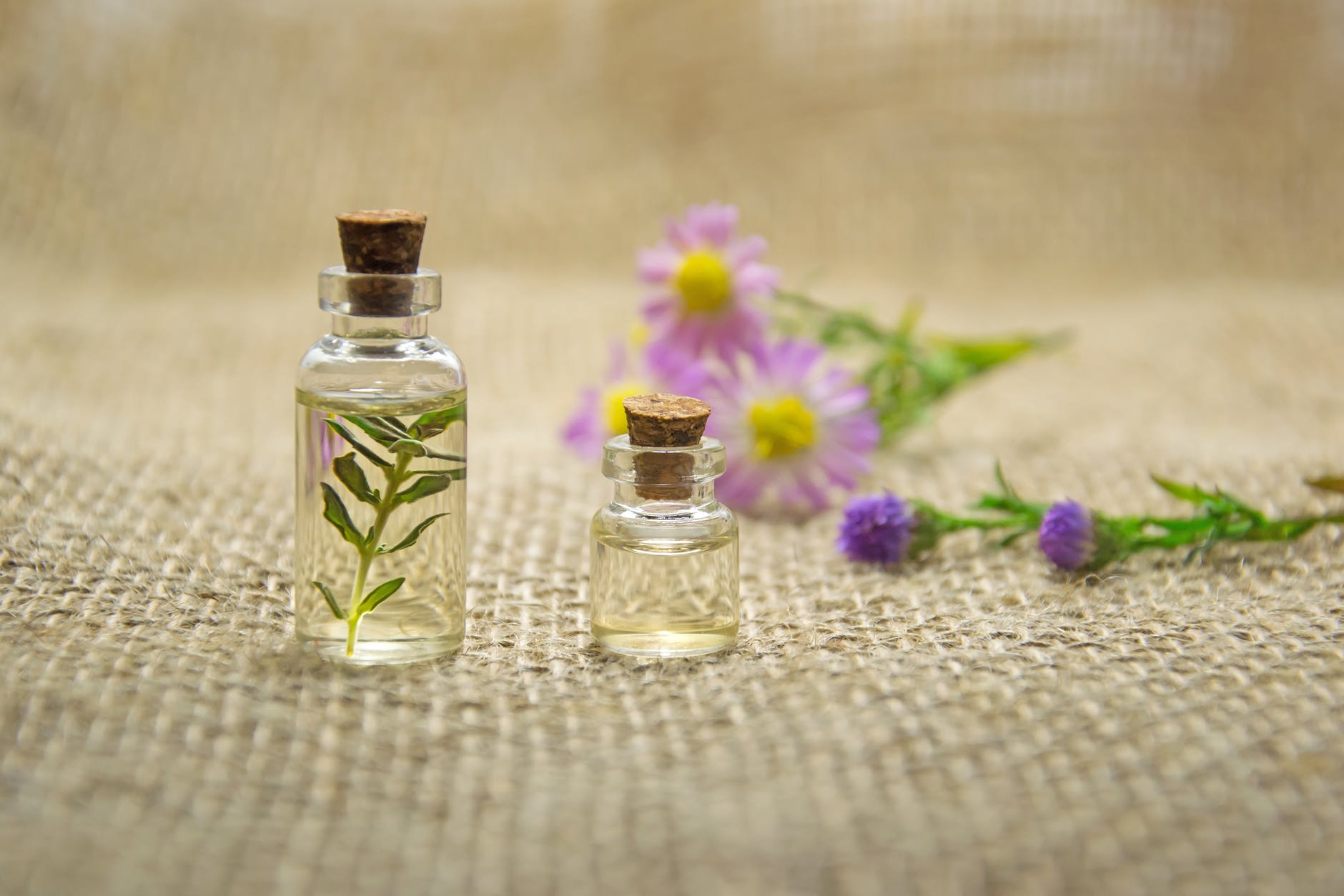
Witch Hazel (Hamamelis)
Witch hazel distillate is commonly available at pharmacies and is approved by the FDA as an over-the-counter remedy for relieving minor skin irritations. Create an itch-relieving poultice by mixing 3 parts baking soda with 1.5 parts witch hazel.
These remedies are made with easily found herbs and ingredients. It’s wise to keep a few (or all) on hand, especially in the summer months, when those bites, stings, scrapes, and scratches inevitably occur.

